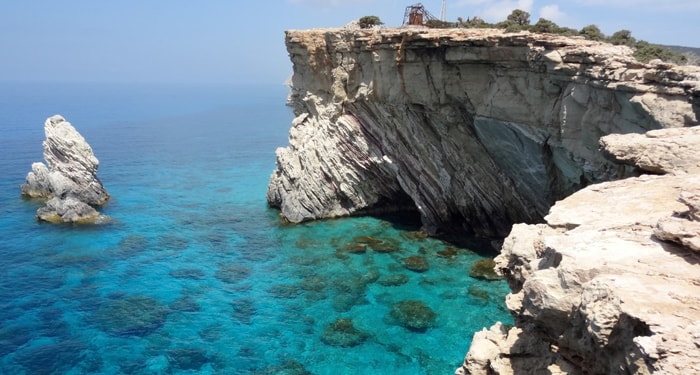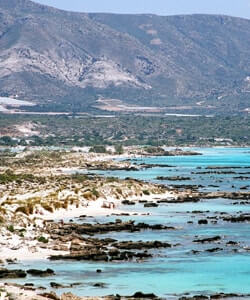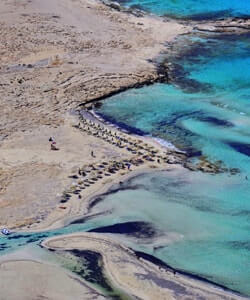The most famous and most photographed beaches on the island of Crete, known for their exotic water and majestic natural environment, are the heavenly lagoons of Balos at Gramvousa peninsula and Elafonissi, which lie in the southwestern edge of the island. Between them, lies the virgin beaches of ancient Falassarna. For those looking for seclusion, there is the hidden paradise of Kedrodasos and White Lake near Elafonissi and the African seascapes of Agiannis and Lavrakas on Gavdos island.
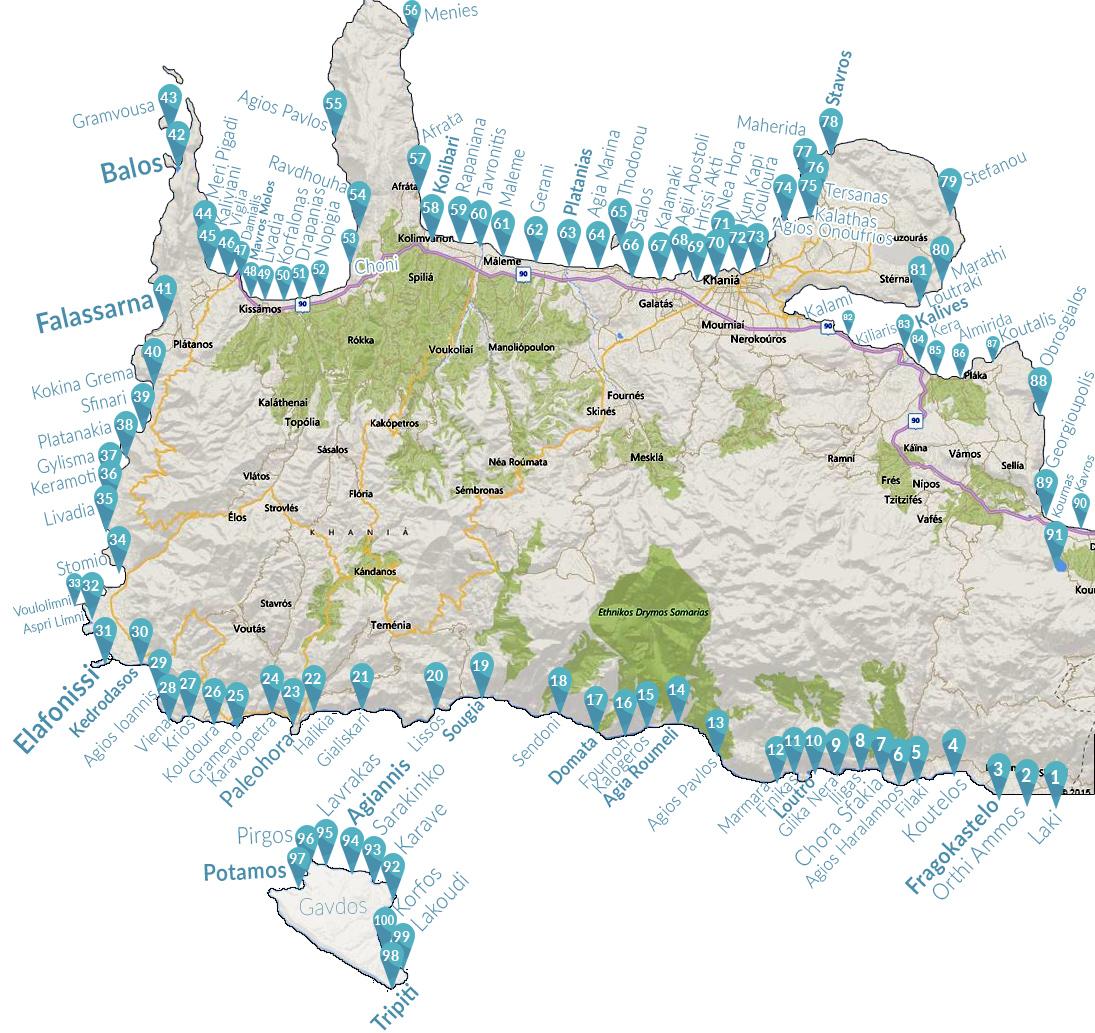
-
#BeachAttributesOur rating
-
#BeachAttributesOur rating
-
#BeachAttributesOur rating
-
#BeachAttributesOur rating
-
#BeachAttributesOur ratingGavdos island
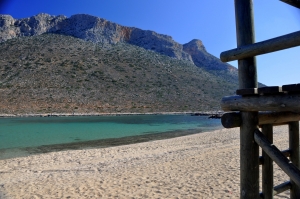
Stavros (i.e. cross) is a seaside village located 17km northeast of Chania, at the northernmost edge of Cape Akrotiri. One characteristic feature of the area is the very steep camel-shaped mountain rising opposite the harbor of Stavros. The mountain is famous because there were filmed scenes for the film “Zorba the Greek”, where Anthony Quinn danced the famous Sirtaki Dance in 1964. Then Stavros was a small fishing village.
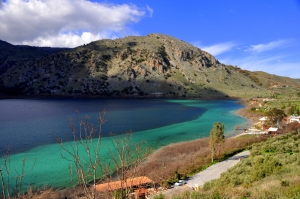
Lake Kournas and its surroundings constitute a very important ecosystem for Greece. Kournas is one of the very few areas of Crete where plenty of fresh water is stored throughout the year. For this reason, it is protected under the Natura 2000 program.
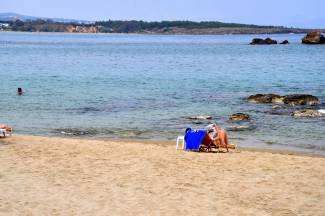
The main beach of Nea Chora is very well organized, with several amenities nearby. It is a nice sandy beach, with rocks in some places. Nea Chora is ideal for those that do not want to leave the city centre.
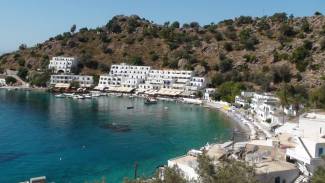
Loutro is a small seaside village situated approximately 71 km south of Chania, at the end of Cape Mouri. It is believed that this was the site of the ancient city of Phoenix and was the ancient port of Anopolis. Later, it became a winter port for Chora Sfakion, due to the fact that the enclosed bay and the small island at its entrance create a natural harbor where ships can be safe even in very bad weather.
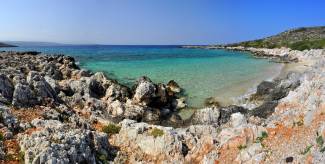
The tiny beach of Macherida is located 14km northeast of Chania and 1km west of the village Chorafakia, hidden in a rocky bay. The beach is named after the rocky cape in its north end that reminds of a knife (“machairi” means “knife” in Greek). According to another version, it is named after the flower Gladiolis italicus that is called “machairida” in Greek.
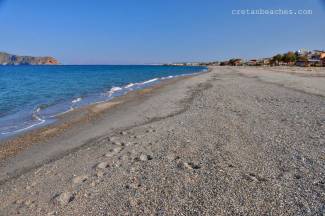
The seaside village of Platanias is located 11km west of Chania. The wider area has faced a great development during the last decades and now is actually a suburb of Chania. The village is built on a hillside with fantastic view. During summer nights, the great clubs in the area host thousands of people, both Greeks and foreigners, who dance until dawn.
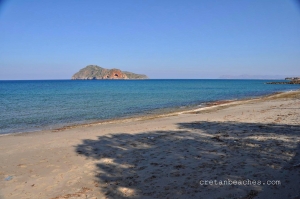
The seaside village of Agia Marina is located just 9km west of Chania. It is one of the most popular resorts in Chania, with thousands of hotels and all types of touristic infrastructure. The village is named after the local church of Agia Marina.
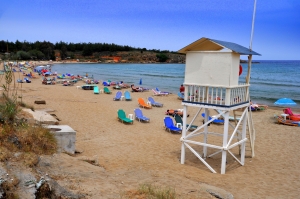
The Golden Beach (greek: Hrissi Akti) is located 2.5km west of Chania and a few meters east of Agii Apostoli. It actually consists of two sandy beaches separated by a small hill. The west cove is the main Golden Beach and the east one is called Aptera Beach.






